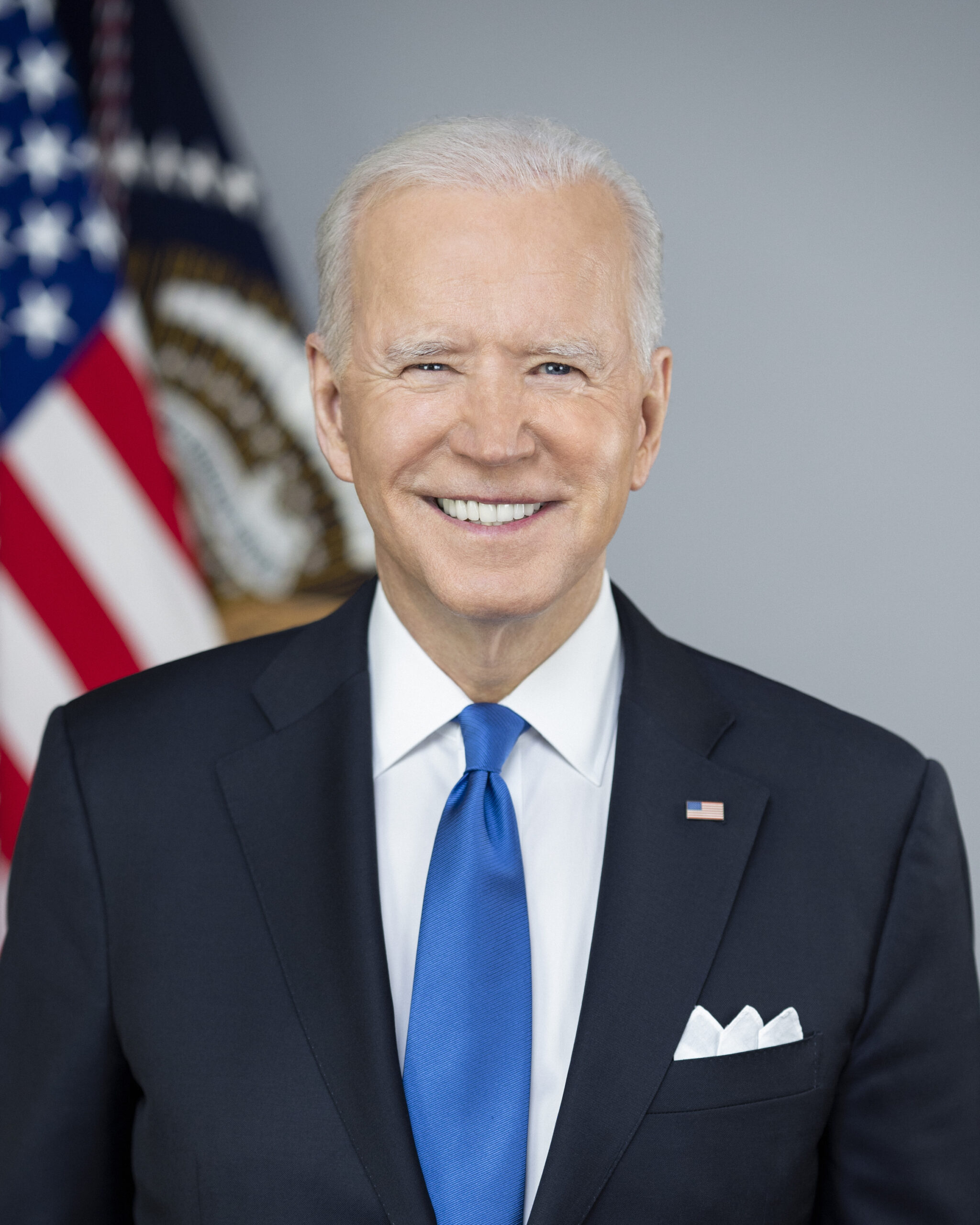Understanding Joe Biden’s Political Journey
Joe Biden, the 46th President of the United States, has been a prominent figure in American politics for decades. His journey from the Senate to the White House is not just a story of personal ambition but also a reflection of the evolving political landscape in America. This post aims to explore Joe Biden’s leadership, policies, and their implications for the nation, drawing insights from his extensive career.
Biden’s Early Years and Political Rise
Born on November 20, 1942, in Scranton, Pennsylvania, Biden’s early life was shaped by middle-class values and a strong sense of community. After graduating from the University of Delaware and Syracuse University College of Law, he embarked on a political career that began with his election to the New Castle County Council in 1970.
In 1972, at the age of 29, Biden won a seat in the U.S. Senate, making him one of the youngest individuals ever elected to this body. His early Senate career focused on foreign relations, criminal justice, and civil rights, establishing him as a thoughtful and engaged legislator. Over the years, Biden served as the chair of the Senate Foreign Relations Committee, where he played a crucial role in shaping U.S. foreign policy.
Significant Policies and Legislative Achievements
Throughout his career, Biden has been a key player in several major legislative initiatives. His work on the Crime Bill of 1994, though controversial, was instrumental in shaping crime policy for a generation. However, he has also expressed regret over certain aspects of this legislation that disproportionately affected communities of color.
Another hallmark of Biden’s contribution is the Affordable Care Act (ACA), which he helped to implement during his tenure as Vice President under Barack Obama. The ACA revolutionized healthcare access for millions of Americans, although it faced significant political opposition.
Throughout his career, Biden has emphasized the need for bipartisanship and often sought to bridge divides in the Senate. His approach has been rooted in the belief that effective governance requires collaboration, a perspective that he has carried into his presidency.
The Biden Administration: Challenges and Accomplishments
Biden took office during unprecedented times, facing the dual crises of the COVID-19 pandemic and deep political polarization. His administration’s response to these challenges has been a focal point for much of his presidency thus far.
The American Rescue Plan Act, a $1.9 trillion economic stimulus bill, was one of Biden’s first major initiatives. This plan aimed to provide relief to individuals, businesses, and local governments affected by the pandemic. The bill included direct payments to Americans, extended unemployment benefits, funding for vaccines, and support for small businesses.
In addition to economic recovery, Biden has prioritized climate change mitigation. His administration rejoined the Paris Agreement and introduced ambitious goals for reducing greenhouse gas emissions, showcasing a serious commitment to environmental issues.
Moreover, his infrastructure plan aims to address not only physical infrastructure but also technology and green energy—an essential advancement for future generations.
Foreign Policy under Biden
Biden’s foreign policy aligns with a commitment to multilateralism and diplomatic engagement. He has emphasized restoring alliances and strengthening relations with NATO and other global partners, contrasting sharply with the prior administration’s more isolationist stance.
One of the notable aspects of Biden’s foreign policy has been addressing challenges posed by China and Russia. His administration has been vocal about the need for a coordinated approach to counter potential aggression and influence from these nations, emphasizing the importance of human rights and democracy in global relations.
Impact on Social Issues
Biden’s presidency has also significantly impacted social justice issues. His administration has sought to reverse many of the previous administration’s policies, especially regarding immigration, healthcare, and racial equality. Initiatives to address systemic racism within law enforcement and promote equity in various sectors illustrate this commitment.
Public Perception and Challenges Ahead
As with any presidency, public opinion on Biden’s leadership remains mixed. While many support his approaches to managing the pandemic and addressing climate change, others criticize his handling of inflation and supply chain issues that emerged during his term.
Biden’s ability to navigate these challenges will be crucial for his administration’s longevity and effectiveness. His reliance on collaboration may be put to the test as political divisions continue to impact legislative progress.
Conclusion
Joe Biden’s career encapsulates the complexities of American politics over several decades. His presidency is an ongoing narrative of resilience in the face of challenges, with a focus on healing and rebuilding. From his early years in the Senate to the Oval Office, Biden’s leadership reflects the values of bipartisanship and public service. For those interested in understanding current U.S. politics, the leadership and policies of Joe Biden provide a critical lens through which to view the nation’s future.








